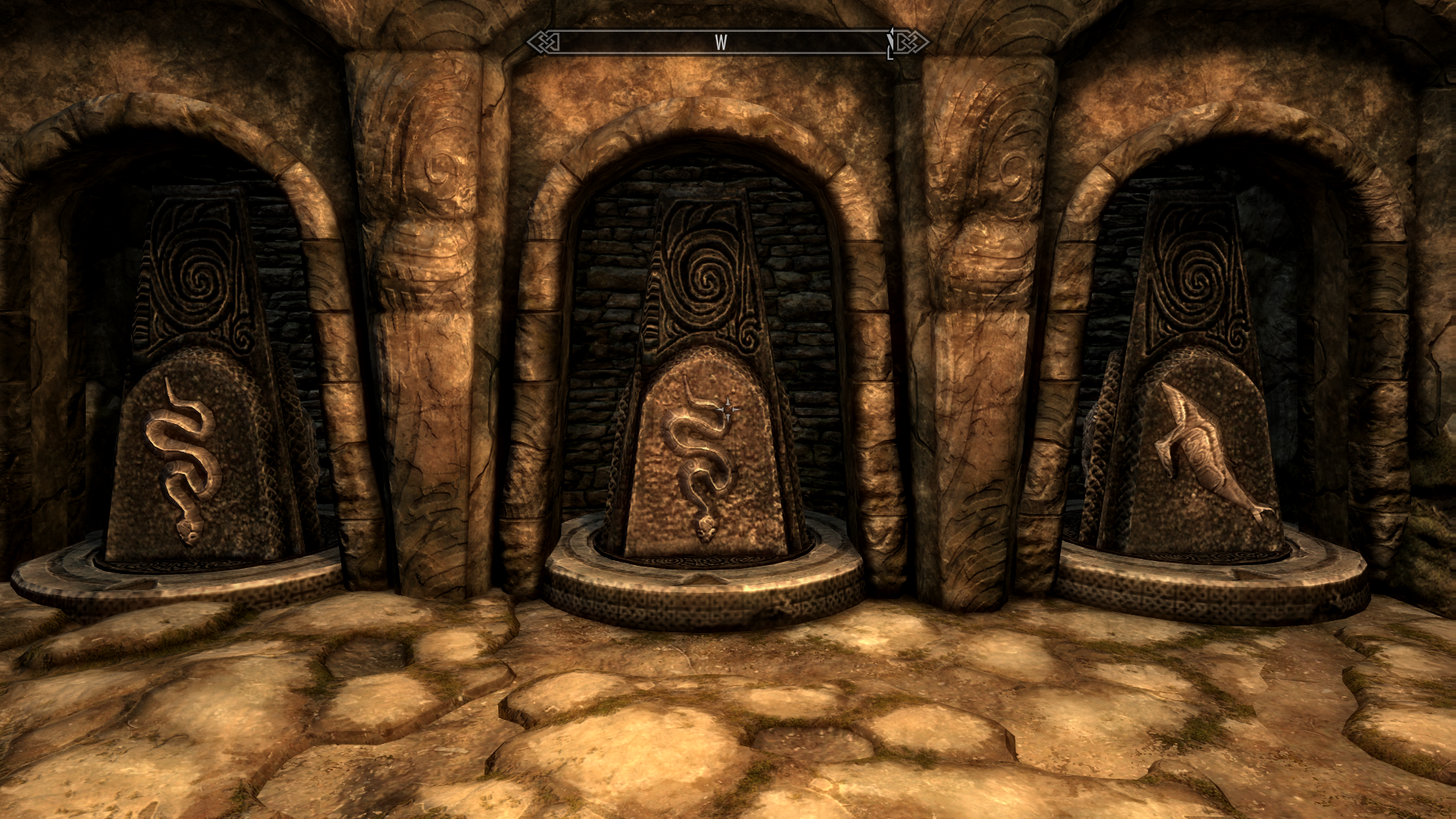

HDR
HDR works on KDE and GNOME desktop environments. KDE is currently the better choice if HDR support is important.
As for software:
- Not included in official Proton builds yet but can be enabled in Proton-GE with 2 environment variables
- mpv works fine
- Kodi gets support in the next major version
- Firefox and Chromium have experimental support
Can’t speak for DP 2.1 since I have an AMD GPU and no hardware that uses DP 2.1 (yet).














Which one? Support varies wildly depending on manufacturer.
I have never seen a gamepad that doesn’t work on Linux. You may not be able to update their firmware if they only provide a Windows tool but they work perfectly fine.
Valve Index and HTC Vive work out of the box. SteamVR is pretty rough in Linux and plagued by issues but it works.
For any other headset you will have to depend on community support. Some work, some don’t.
There’s lots of info on https://vronlinux.org/
Which ones? They usually use completely proprietary protocols.
It will work like any other bog-standard sound card has for years. You will lose any features that are custom to the sound card (dialogue mode, virtual surround, equalizer, …) but those are rarely necessary because there is lots of other software that achieves this for every sound card.
I recommend you boot Linux from USB and take a look. No need to install anything, just boot from USB and take a look if your hardware works.